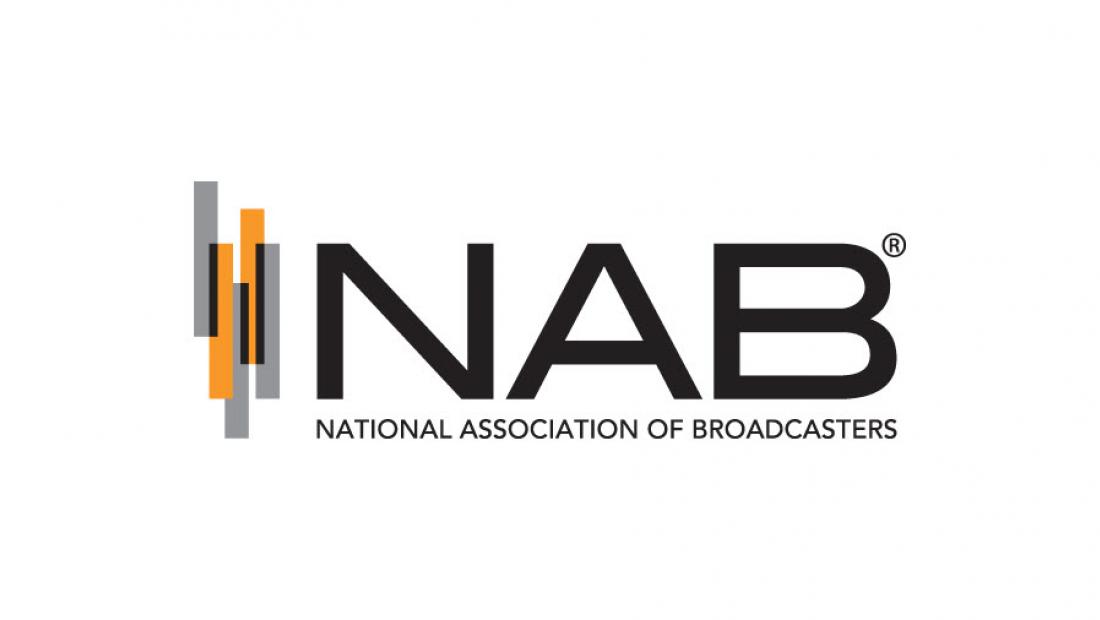NAB, WiFi Alliance Battle on Over 6 GHz

The smarter way to stay on top of broadcasting and cable industry. Sign up below
You are now subscribed
Your newsletter sign-up was successful
The battle between computer companies and broadcasters over unlicensed spectrum continued apace this week, as Microsoft advised the commission it had seen nothing in the 6 GHz proceeding to prevent some unlicensed use of the entire band, while broadcasters countered that it was clear that none of it should be used for that purpose.
NAB said to do so as the FCC has currently proposed would threaten "crippling" interference to important broadcast auxiliary services (BAS).
That came in reply comments on the FCC's unanimous October 2018 vote to pen up 1,200 MHZ of that midband spectrum for unlicensed use, including WiFi. Broadcasters use the band for auxiliary (BAS) operations--"sporting events, breaking news and special events" and says the FCC's proposed interference protections--limiting it to lower-power, indoor operations--miss the mark, particularly since some camera transmitters used to relay footage back to stations also operate indoors and at low power, so they would be in the interference line of fire even with those limitations on unlicensed devices.
NAB argues the computer companies, both Microsoft and others in the WiFi Alliance, "assume away" the challenges of protecting those BAS operations.
And as with the use of the so-called "white spaces" between TV channels for unlicensed, the NAB argues that the use of databases and real-time remote sensing to avoid interference is unreliable. " [T]he TV White Space (TVWS) proceeding has demonstrated database protection to be a deeply flawed tool," NAB told the commission.
Broadcasters are up against the FCC's push for more spectrum for unlicensed wireless spectrum for 5G wherever it can find it.
The broadcasters say the FCC's proposed protections for BAS don't cut it and again say that limiting it to low-power and indoor will do nothing to protect BAS uses that are also low power and indoor.
The smarter way to stay on top of broadcasting and cable industry. Sign up below
NAB said that confining unlicensed indoor use to homes only, rather than businesses and other public venues, would alleviate some of the potential interference, though no one has proposed that. But it says even then that still would not protect outdoor BAS operations since "television pick-up stations used for electronic newsgathering frequently traverse lengthy transmission paths over both residential and commercial districts."
"No commenter has proposed a workable solution," NAB said. "In the absence of a technically viable method for preventing harmful interference, the Commission should not permit unlicensed operations..."
The WiFi Alliance, of which Microsoft is a member (along with Qualcomm, Dell, Apple, Comcast and hundreds of other tech companies) sees it, or at least presents it, totally differently.
The Alliance said that the views of its critics are based on "outdated views" of spectrum management and that it, and others, "have convincingly demonstrated that the 6 GHz band can be effectively shared between unlicensed devices and important authorized services, now and in the future."
They also advise the FCC to base interference protections on real-world situations, not worst-case scenarios.
The alliance said it recognizes the concerns of incumbents like broadcasters, but says "[t]hat is exactly why unlicensed operations, operating on a non-interference basis with an obligation to fully protect incumbents from harmful interference, are well-suited for this spectrum."
The alliance points out that the Trump Administration push for more spectrum is shared by the Hill. "The type of restrictive operations that certain incumbent licensees support is also inconsistent with Congressional and Commission policies designed to promote more intense spectrum use where feasible."
While the President wants America first" in 5G, as in other things, Hill Republicans and Democrats share that aim as well.
The alliance also pitches the band-sharing as fuel to a host of high-tech innovations from augmented and virtual reality to in-home video distribution at 8K resolution, and IoT applications.
"The record in this proceeding demonstrates the need to allow WiFi access to the entire 6 GHz band," the alliance says. "The spectrum shortage in the mid-band will only get worse as more devices transmit ever more data across networks occupying the same spectrum."
Contributing editor John Eggerton has been an editor and/or writer on media regulation, legislation and policy for over four decades, including covering the FCC, FTC, Congress, the major media trade associations, and the federal courts. In addition to Multichannel News and Broadcasting + Cable, his work has appeared in Radio World, TV Technology, TV Fax, This Week in Consumer Electronics, Variety and the Encyclopedia Britannica.

